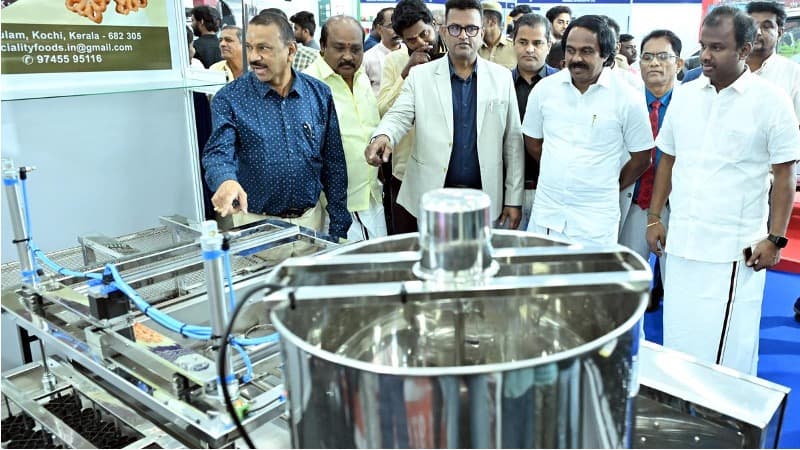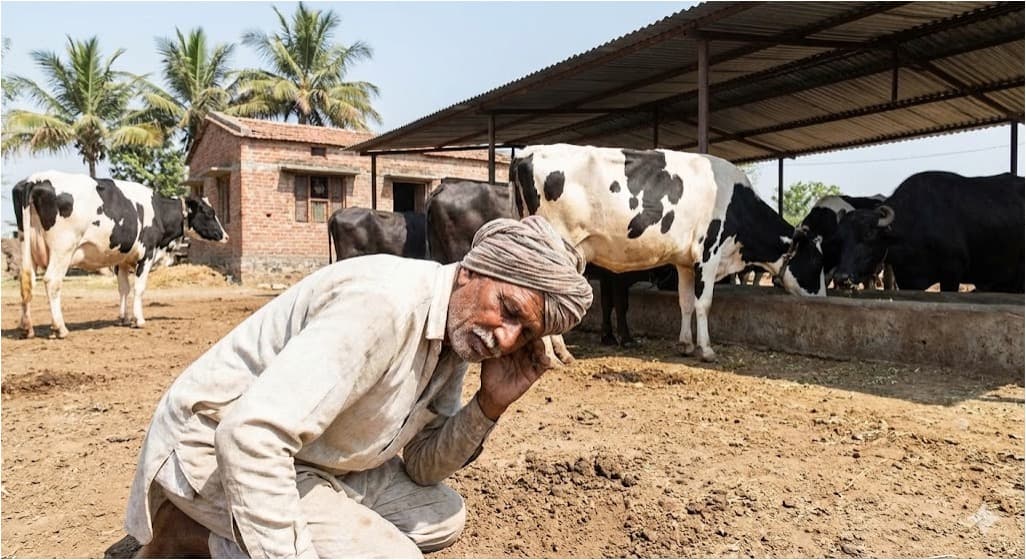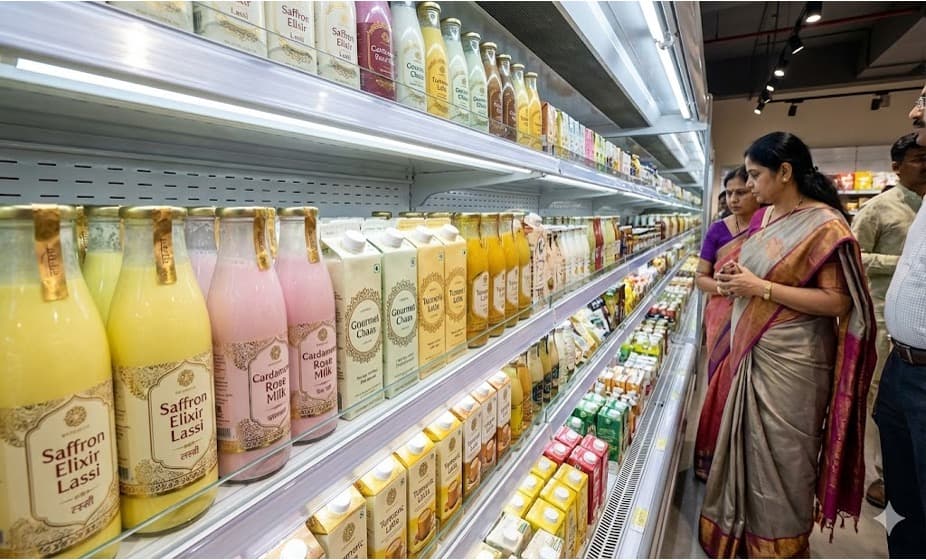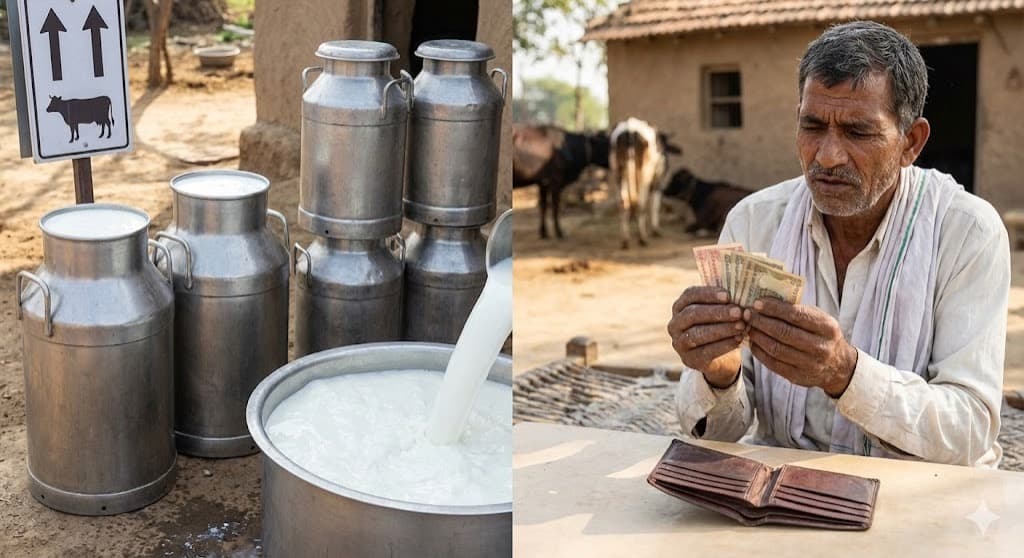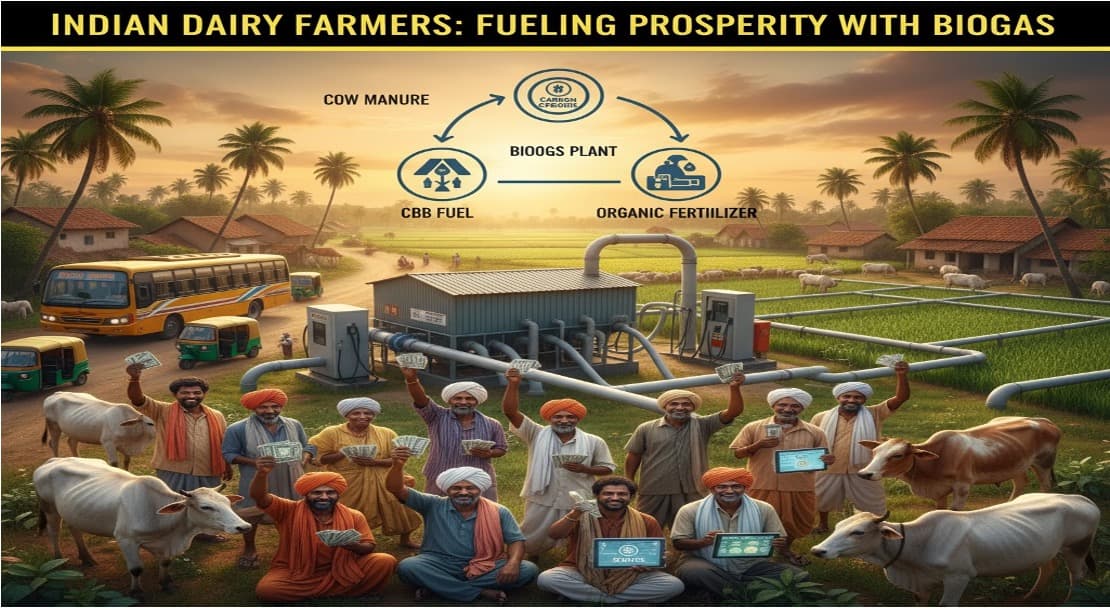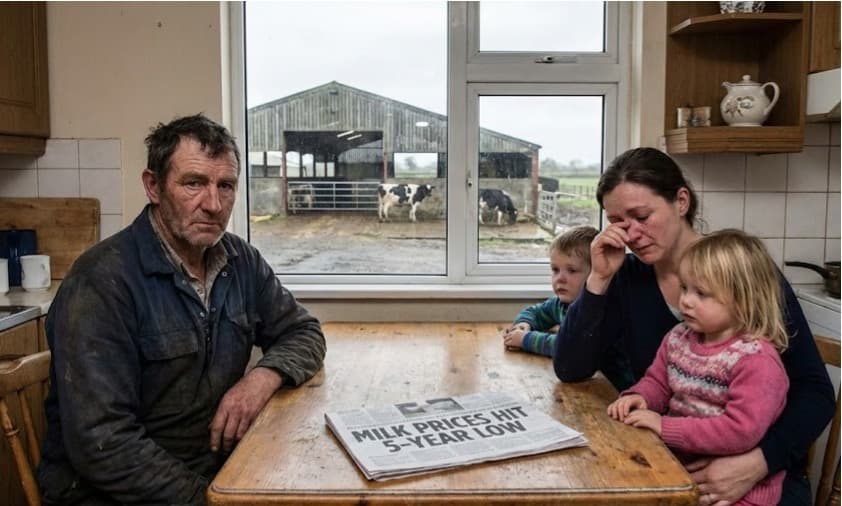Genetically modified cows could become insulin factories- Boon for Diabetics
For millions of diabetics worldwide, access to insulin is a constant struggle. But what if the answer wasn't in a high-tech lab, but grazing away peacefully in a pasture? A new study suggests genetically modified cows could become insulin factories, producing a potentially cheaper and more accessible solution.
Researchers from the University of Illinois and the Universidade de São Paulo teamed up to create this bovine biofactory. They strategically inserted a snippet of human DNA coding for insulin into cow embryos. The result? One healthy calf with the remarkable ability to produce human proinsulin, the precursor to insulin, in her milk.
"Think of a cow's mammary gland as a protein production powerhouse," explains Matt Wheeler, lead author of the study. "We're essentially giving this natural system a nudge to create something that can benefit hundreds of millions of people."
This experiment is a significant leap forward, but the team is working on refining the process. They're aiming to create transgenic bulls that can pass on the insulin-producing trait, allowing for a dedicated herd specifically designed for insulin production.
Here's the exciting part: a single cow, producing just a gram of insulin per litre of milk, could generate a staggering amount. "That's equivalent to tens of thousands of insulin units," says Wheeler. Imagine a small herd, the size of a typical dairy farm, churning out enough insulin to supply an entire country. Or perhaps, it could produce enough to cover almost eight years' worth of insulin for a type 1 diabetic!
